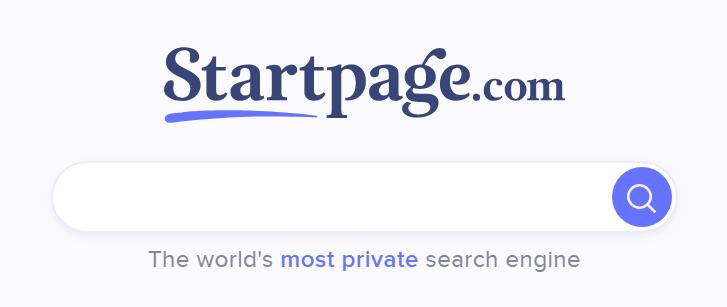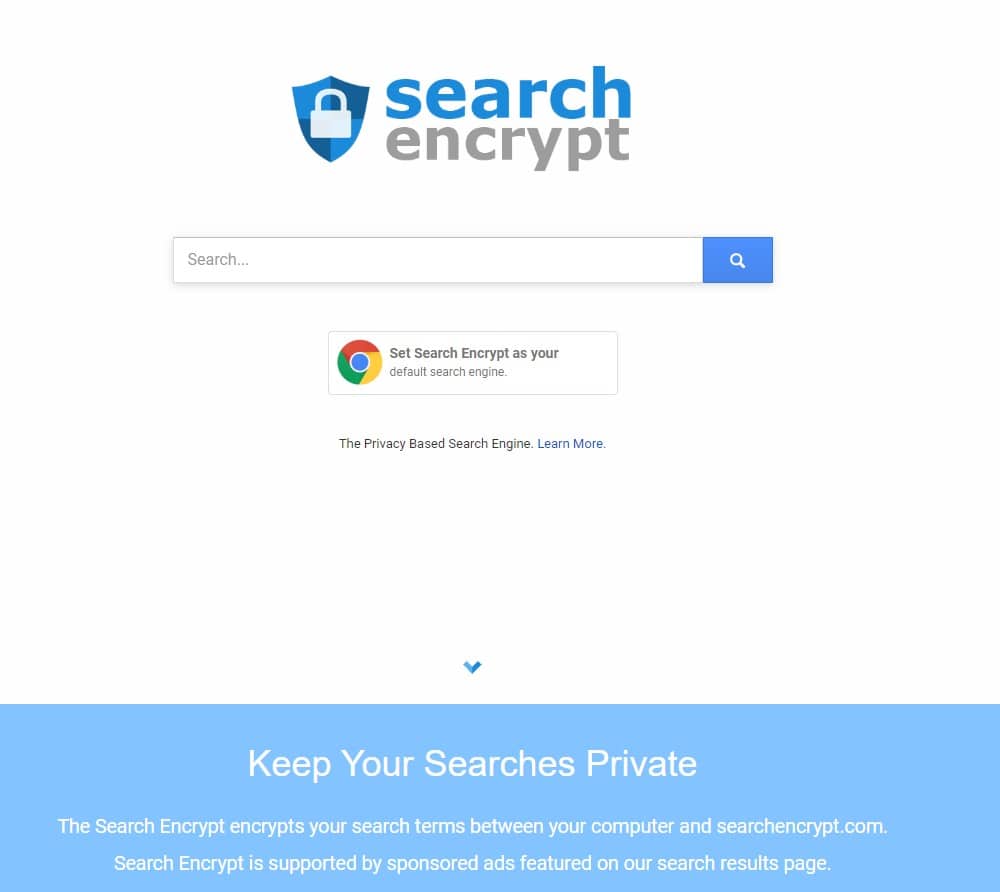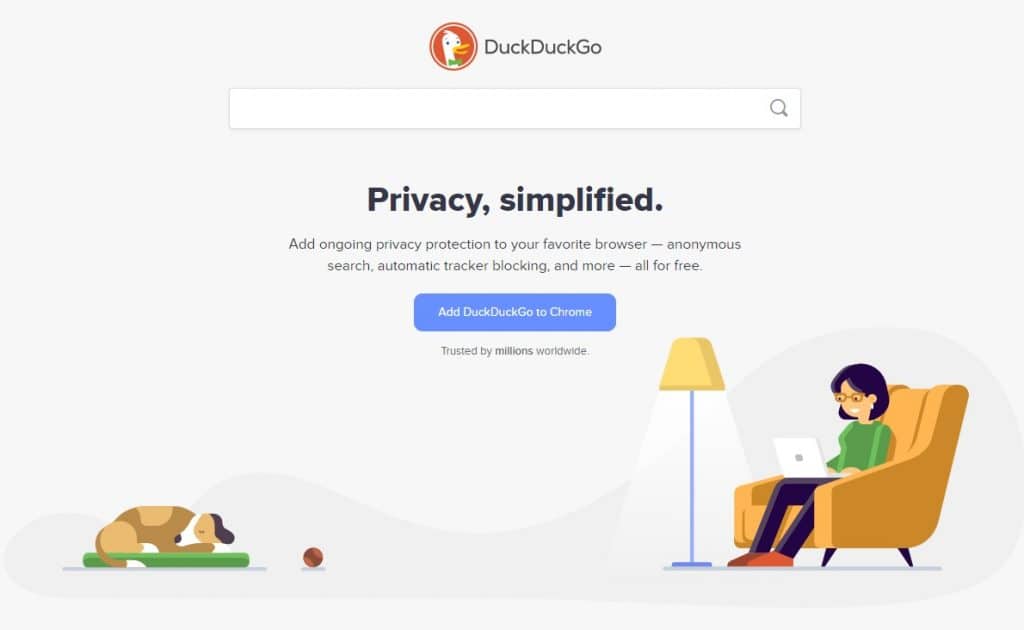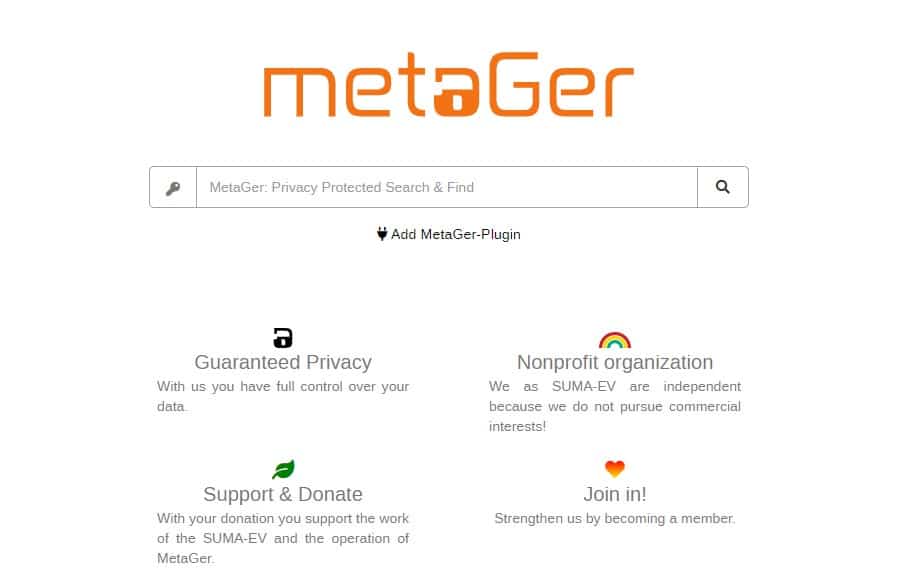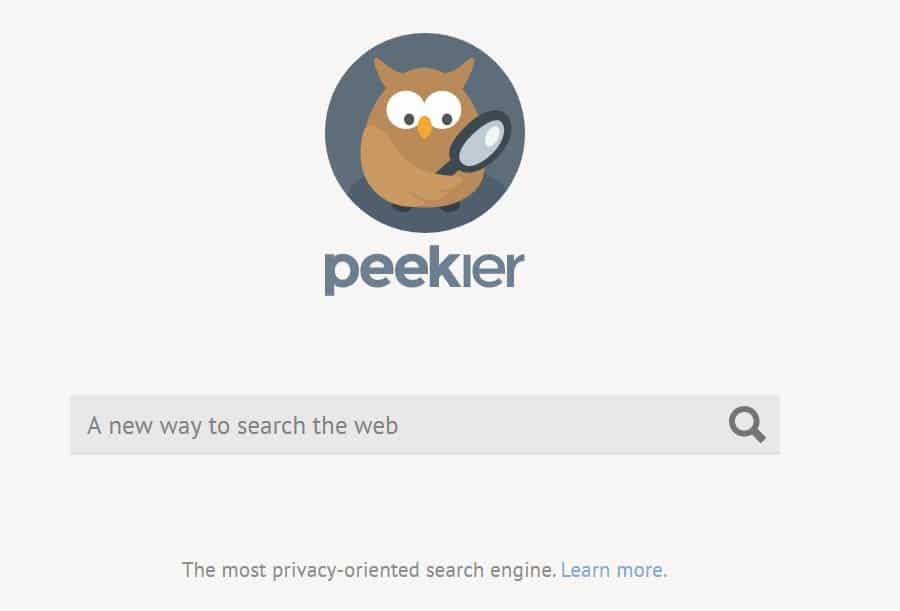The source IP address Your location Search queries Your unique identifier which is normally stored in browser cookies
The formation of private browsing search engines is as a result of the backlash against ad tracking and other data collection tools through which sites and agencies use to intrude on browsers’ privacy. Although private browsing has in the past been known as a ‘porn portal’, it has a host of advantages that are not known. This is how sites such as ixQuick came about.
More About IxQuick
IxQuick was developed by David Bodnick in 1998. After two years, the search engine was procured by a Dutch organization called Surfboard Holding B.V. The funds for its development and server maintenance was acquired from discreetly placed text ads and advertising revenue. The accurate marketing projections were not distributed because IxQuick was an exclusive holding organization.
Indeed, even before discussions on online security came about, IxQuick’s management chose in 2006 to implement data protection strategies, henceforth, they did not store personal information. Consequently, the search engine was awarded the first European Privacy Seal in 2008. Traffic to IxQuick continued to increase in spite of the company’s minimal efforts towards marketing. IxQuick and Startpage announced their merger with the Startpage in 2016 with the intention of converting these two private search engines into one powerful, privacy-oriented search engine.
The new private search engine became Startpage. What this means is that the search results on Startpage have a proxy link that protects your data what you click on any of them. Some of its other notable features include:
100% private search results There’s no profiling or tracking It is third-party certified
Until recently, it was unthinkable that any search engine would compete with the likes of Google and Yahoo. But the following sites continue becoming popular due to their privacy features.
1. Search Encrypt
Search Encrypt keeps your browsing data private by encrypting the sites you visit through advanced SSL encryption. It is available as an extension on renowned web browsers including Firefox and Chrome.
How Search Encrypt works
The search engine checks the URL of the sites you visit without storing or logging that data anywhere It intercepts your requests if it is among the sites that track browsers’ searches It encrypts your search using the standard AES-256 encryption The encrypted search is transmitted to the Search Encrypt servers The search engine decrypts the search item and requests result from their content partners thus providing you with the most relevant results You cannot access your search history once it expires
2. DuckDuckGo
DuckDuckGo is another great privacy-centered search engine that does not store your personal information. It is currently the fourth largest search engine with over 1 billion searches each month across the world.
3. SearX
Although little is known about this private search engine, it is fast gaining traction among internet browsers. The search engine works by removing any personal data from your search request so that Google and other sites receive an anonymous request. SearX does not display any ads on its results page. Rather, the search engine makes money by providing you with a link through which you can make a donation. Another feature that makes SearX stand out is its customizability. You can modify the search results by choosing what search engines you want SearX to pull results from on the preferences area. It also allows you to run your own instance with the only drawback being that your search results will not be grouped with those from other users and could be directly linked to your IP address.
4. Qwant
Qwant is another search engine that was founded in 2011. It is based in France. This means that its data protection protocols are stricter compared to those of other private search engines based in the U.S. Just like Google, Qwant groups the search results in different categories which include web, news, images, social, videos, and shopping. The dynamic search engine also offers news stories and trending topics on its homepage. The search engine also caters to young web users through the Qwant Junior feature. When using this feature, search results that are not suitable for children are eliminated. The Qwant app which is available for iOS and Android ensures that your data is protected even when you are using your mobile device to browse.
5. MetaGer
Based in Germany, MetaGer is becoming quite popular across the world. The search engine provides you with results from Yandex, Yahoo, Bing, and other prominent search engines through its web crawler. It is operated by a non-profit organization known as SUMA-EV. Just like Startpage, this search engine converts your search request into an anonymous query via a proxy server. This provides you with an anonymous viewing option on all results. MetaGer does not use cookies or any other data tracking methods. For the security and stability of its operations, this search engine keeps some logs of your data on its servers which are in Germany. However, this data is automatically erased within 96 hours.
6. Disconnect Search
Disconnect Search is based in San Francisco, California. Through the search engine, you can easily select the region you are in and choose the search engines from which you want your results to appear. You get results from Google, Yahoo, Bing, DuckDuckGo, and Blekko among others. One of the most appealing features of Disconnect Search is that it displays the search results in the same style as the search engine they are from. While the search engine is currently free, the developers are working on a paid, premium private search engine. Disconnect Search also offers a VPN.
7. Gibiru
Founded in 2009, Gibiru is a private search engine that erases your browsing history every 15 minutes. One of the biggest perks of using this search engine is that your search results will not be censored in spite of your anonymity. A Gibiru VPN is also available to web browsers.
8. Yippy
This is a private search engine that makes use of content connectors to provide you with relevant search results. Therefore, to the left of the results page, you will find a list of clusters with a “+” sign. When you click on this sign, you will be redirected to a new list of links to related content or websites. You can access multiple types of content including web, news, images, blogs, jobs, government data, and videos among others. Yippy does not store or log your data. This means that you will not see any ads on the results page. The developers make money by providing corporate services.
9. Peekier
This is a relatively new private search engine but it is fast gaining popularity. Peekier does not store data such as your search history, your unique IDs, and your IP address. Although it may store your queries for some time, they are erased after some time and cannot be traced back to you. Unlike other search engines, Peekier displays your search results in a card format. If you click on a result, the preview is maximized. This is a refreshing change from the conventional way of displaying internet search results.
10. Swisscows
Previously known as Hulbee, this is a Switzerland based private search engine. One of the factors that set Swisscows apart is that it is a semantic search engine. This implies that it uses machine learning and artificial intelligence to evaluate the relevance of your search results. Swisscows also delivers family-friendly content by filtering out pornographic and violent search results. This is a great feature if you have young children who access the internet. As they do not store or log your data and do not display ads, they are unable to monetize their services through ad partners. Thus, Swisscows largely relies on your donations and sponsors to maintain their operations.
The Ultimate Private VPN Service Reviews & Comparison Top 5 Free encrypted email Services 2022: Hide Your online Privacy! Top 10 Residential Proxy Providers in 2022
What do you use a private search engine for? Are there any other private search engines you know of? Feel free to share your opinions on the comments section.

